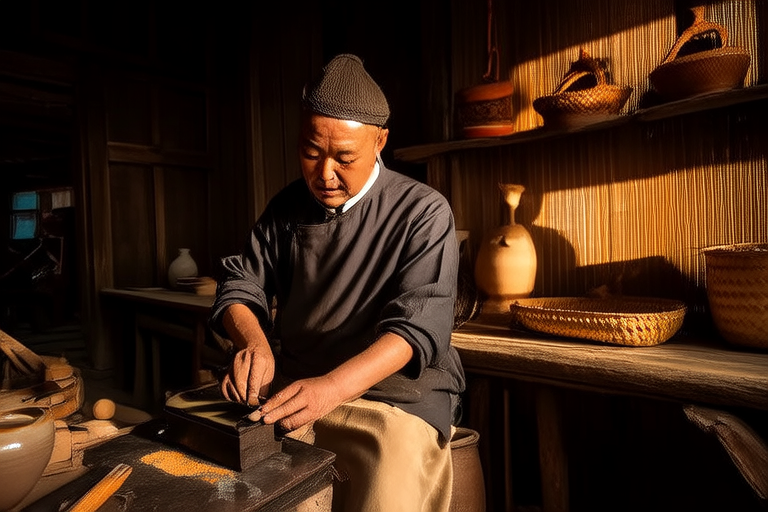Cultural Immersion: A Journey Through Ancient Traditions

“`html
Cultural Immersion: A Journey Through Ancient Traditions
Introduction:
Cultural immersion is the process of fully engaging with another culture, often through direct interaction and participation in its customs, practices, and daily life. This experience is invaluable for travelers seeking more than just sightseeing; it offers a deeper understanding of the world’s diverse cultures and their rich histories. Ancient traditions, in particular, serve as living testaments to the resilience and creativity of human societies, offering insights into the values and beliefs that shaped modern civilizations. By delving into these traditions, travelers can gain a profound appreciation for the continuity of cultural heritage and the enduring impact of past practices on present-day life.
Traveling to experience ancient traditions is not merely a pursuit of novelty but a journey toward greater empathy and understanding. These traditions provide a window into the soul of a society, revealing the intricate tapestry of its history, art, and philosophy. Whether through religious ceremonies, festivals, or everyday rituals, immersing oneself in these practices can be both enlightening and transformative.
Historical Context:
The historical roots of ancient traditions run deep, often tracing back thousands of years. In Japan, for instance, the tea ceremony, known as chanoyu, is a meticulously choreographed ritual that dates back to the 9th century. This practice, centered around the preparation and consumption of matcha (powdered green tea), embodies principles of harmony, respect, purity, and tranquility. It reflects the Zen Buddhist influence on Japanese aesthetics and social etiquette.
In contrast, the Indian tradition of Holi